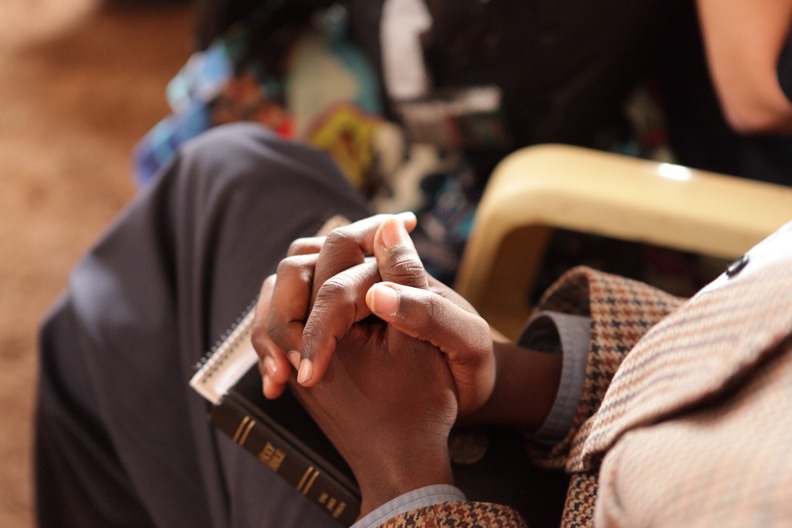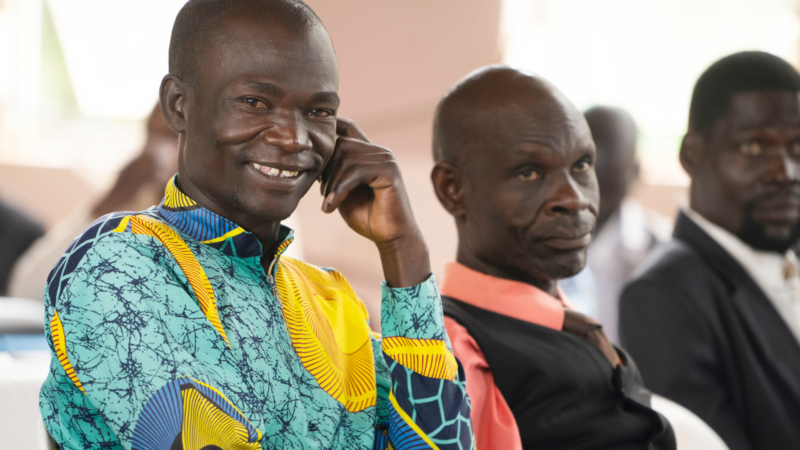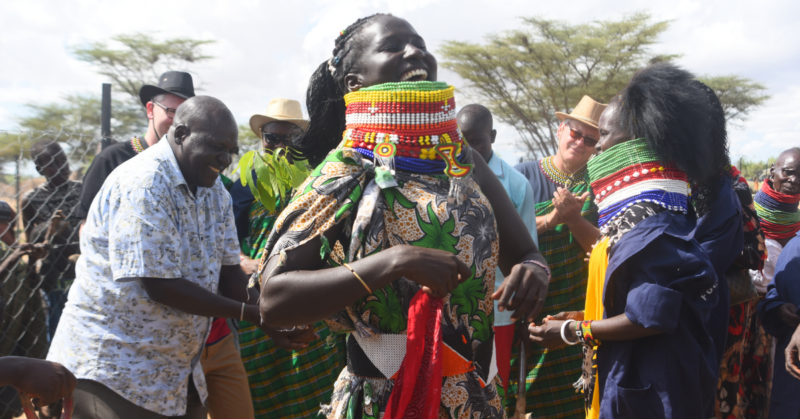Among the mysteries of the Bible, few are more challenging to wrestle with than the duality of Christ’s nature. Both fully God and fully man. While it’s certainly true that there are complexities that we struggle to explain regarding this biblical truth, it’s also true that many of the misunderstandings we experience about Christ’s nature spring from the expectations that we bring in our examination.
Throughout time Christ defied being constrained by expectation and instead regularly upturns these presuppositions while teaching vital lessons.
We can look back at the nation of Israel and its expectations for a Messiah as an example. In the book of Luke, after returning from the wilderness, Jesus visits His hometown of Nazareth. The story tells us that “as was His custom,” Jesus attended the synagogue. There, among the people, Jesus read from the book of Isaiah wherein the prophet described the coming Messiah. Returning to His seat, Jesus explains to the listeners that the scripture is fulfilled in their presence, pointing to Himself as Messiah. As you might expect, they ran Him out of the city and attempted to throw Him off a cliff. In the end, the people listening could only see Christ’s humanity and not His divinity. They were restricted by what they expected, and as a result, they missed out on the Messiah in their very midst.
One could argue that the nation of Israel was looking for a different type of Messiah.
So, they missed Jesus while He was there. Still, the Disciples of Christ were looking for just such a Messiah. They too often missed seeing Him for who He was because of the limiting scope of their expectations. For example, the book of Matthew tells the story of Jesus calming a storm at sea. This moment reveals His divine power over the wind and waves. In response, the Disciples marveled and wondered among themselves, “What manner of man is this, that even the winds and the sea obey him!” They, too, struggled with the duality of Christ’s nature because He defied expectation and was more than they could understand.
We’re too hard on the nation of Israel or the Disciples for not understanding the duality of Christ or being able to separate the truth of God from their expectations. We must first see that the church, too, has struggled with this mystery for centuries. The Apostle’s Creed, written in the 2nd century, and the Nicene Creed, from the 4th century, attempted to create tools for the church to understand this complex issue. If you have the time, it’s worth reading them through. Look at the usage of both human and divine terminology to solidify some understanding of the dual nature of Christ.
For many of us, it may be easier to accept the fully divine nature of Jesus than it is to accept the fully human aspect.
We understand Him to be “one with the Father,” and the Gospels are replete with examples of His ability to affect the world in supernatural ways. However, the humanity of Jesus fulfills an essential function in the Gospel narrative. We have a Great High Priest familiar with our struggles, temptations, and weaknesses. Yet HE serves as our Advocate before the Father. Hebrews 4:15 tells us, “For we do not have a high priest who is unable to sympathize with our weaknesses, but one who in every respect has been tempted as we are, yet without sin.”
Be encouraged that our Advocate in Heaven is acquainted with the struggles of humankind and is compassionate. Still, there’s an additional step that we should consider. While living on this Earth, Jesus limits himself to certain functions by being human. He required rest, nourishment, and medical care. Jesus felt human emotions like compassion, sadness, anger, and joy. In all these human things, Jesus felt them to their entire degree. Yet He never allowed this human nature to restrict or hold Him back from what He needed to do.
We all live in a world filled with challenging circumstances and need reminding of our human limitations.
As individuals, we experience our humanity alongside those who experience it very differently. Yet we can still allow human nature to hold us back from what we know we need to do. We get busy, tired, stressed, or distracted, and we sometimes neglect those in need of compassion. As we live from day to day, let’s do so with an eagerness to celebrate the humanity that God has given us. Let us recognize the humanity of Christ and seek to model His nature in everything that we do.
Learn More About Bright Hope
When Hope for Today Makes Tomorrow Possible
Hope for Tomorrow: Sometimes Poverty Alleviation is Simple
Hope for Eternity: Jesus Cares for the Poor
Bright Hope, a Holistic Ministry Meeting the Needs of the Poor




